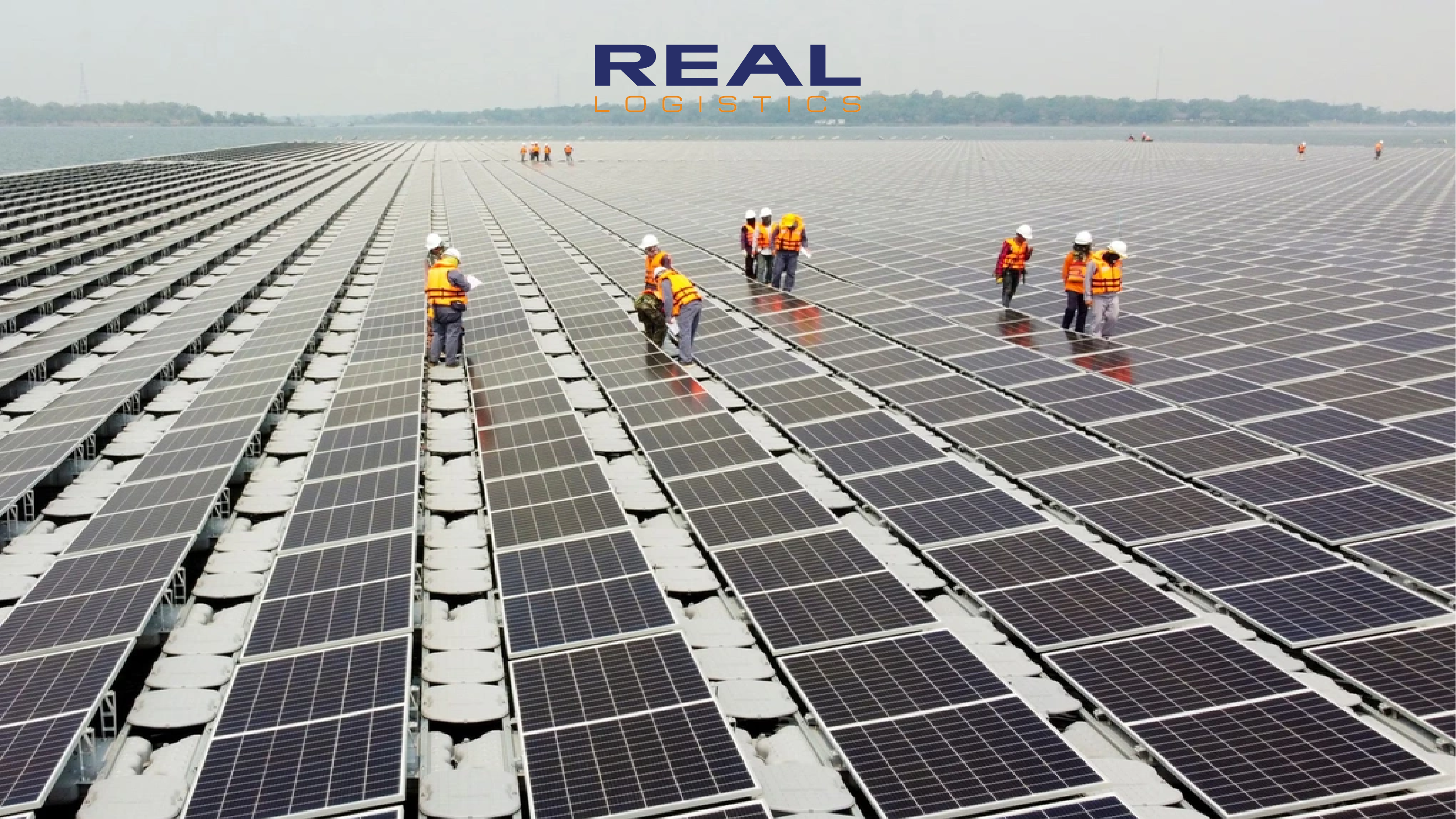U.S. Slaps Steep Tariffs on Solar Panels Over 3500% from Southeast Asia: Vietnam Faces Over 500% Duties

1. U.S. Targets Southeast Asian Solar Panels with Historic Tariffs
On April 21, 2025, the U.S. Department of Commerce announced significant anti-dumping (AD) and countervailing duties (CVD) on solar modules imported from Vietnam, Cambodia, Thailand, and Malaysia. The rates vary by company and country but are all notably higher than initial estimates released at the end of 2024.
Tariff highlights include:
- Cambodia: Over 3,500% duties for non-cooperating producers
- Thailand: More than 375% on Trina Solar
- Vietnam: Estimated duties as high as 542.64%
- Malaysia: Among the lowest at 41.56% for Jinko Solar
These new tariffs result from a year-long investigation initiated by domestic solar manufacturers seeking protection from alleged unfair trade practices.
2. Market Impact and Background
The U.S. imported $12.9 billion in solar equipment from these four Southeast Asian countries in 2024, accounting for approximately 77% of total solar module imports. The domestic industry claims these imports benefit from unfair subsidies and below-cost pricing, undercutting U.S. manufacturers.
The Department of Commerce's move now shifts the spotlight to the U.S. International Trade Commission (ITC), which is scheduled to vote in June 2025 on whether these imports materially injure the U.S. solar sector. If affirmed, the tariffs will be formally enforced long-term.

3. Industry Backlash and SEIA Warnings
Despite claims of protecting American jobs, the Solar Energy Industries Association (SEIA) and other stakeholders have expressed deep concern.
SEIA warns that the tariffs will significantly raise costs for solar deployment in the U.S., threatening thousands of downstream jobs and slowing the country’s clean energy transition. With Southeast Asia being a vital source of cost-effective panels, the duties could push project costs up by $600–$800 per container, according to internal SEIA estimates.
4. Vietnam’s Exposure and Strategic Risk
Vietnam, a rising player in global clean energy exports, now faces a serious blow:
- Tariffs of over 500% could cripple contract execution and lead to mass order cancellations.
- The U.S. remains a top market for Vietnam’s solar exports, making this a concentrated exposure risk.
- Increased logistics complexity and compliance pressure around country-of-origin documentation will rise.
- Exporters will need to diversify supply chains and consider nearshoring strategies for the U.S. market.
5. Next Steps: What Can Vietnamese Exporters Do?
From a logistics and policy standpoint, businesses must act fast:
- Reassess supply chains and limit dependency on U.S. demand
- Digitize certificates of origin (CO) to ensure traceability and defend against transshipment accusations
- Strengthen partnerships with logistics providers to optimize route flexibility and cost control
- Explore new markets: Europe, Japan, and Australia may offer growth avenues with more favorable regulatory climates
- Engage with trade associations and government agencies to pursue mitigation strategies, including lobbying for FTA frameworks or exemptions
6. Real Logistics’ Perspective
At Real Logistics, we understand the enormous disruption that policy shifts can cause to global supply chains—especially in the clean energy sector.
Our dedicated export solutions help solar manufacturers and traders:
- Adapt to new tariff structures
- Optimize global logistics routes
- Mitigate customs and compliance risks
- Accelerate transition to diversified markets
With over 15 years of experience navigating complex international trade dynamics, we stand ready to support Vietnamese businesses through this challenging transition.
7. Conclusion
The U.S. tariff escalation against Southeast Asian solar panels marks a major turning point in clean energy trade. While intended to protect American manufacturing, these tariffs threaten to disrupt global supply chains, inflate renewable energy costs, and impose major hurdles for exporters like Vietnam.
Preparedness and proactive strategy are key — and with the right logistics partner, Vietnamese businesses can weather this storm and continue leading in global energy transformation.
Let Real Logistics be your guide in navigating the road ahead.
—————————————
Real Logistics Co.,Ltd
👉 Facebook: Real Logistics Co.,Ltd
☎️ Hotline: 028.3636.3888 | 0936.386.352
📩 Email: info@reallogistics.vn | han@reallogistics.vn
🏡 Address: 39 - 41 B4, An Loi Dong, Thu Duc, HCM City
51 Quan Nhan, Nhan Chinh, Thanh Xuan, Ha Noi City

